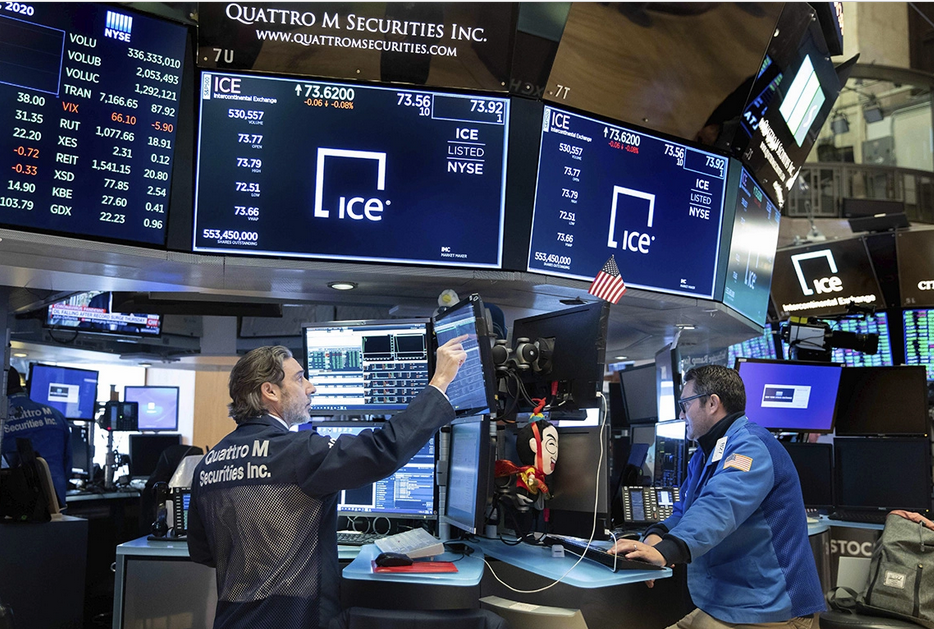One question that often arises during periods of economic uncertainty is whether the stock market rebounds before the broader economy does. It’s a topic that has gained significant attention, especially in light of recent global economic challenges. To shed light on this matter, let’s explore the relationship between the stock market and the economy and examine historical trends.
The stock market and the economy are closely intertwined, but they are not perfectly synchronized. While the stock market is influenced by various economic factors, including corporate earnings, interest rates, consumer sentiment, and geopolitical events, it can also be influenced by investor sentiment and market speculation. As a result, stock prices can sometimes deviate from economic fundamentals, leading to periods of overvaluation or undervaluation.
By and large, the stock market and the economy move in tandem with each other — but not always.https://t.co/ZMeb3qJXaQ
— Mint (@livemint) July 23, 2022
During times of economic downturns, such as recessions, the stock market often experiences a decline as investors react to negative news and anticipate a slowdown in corporate profits. These declines can be sharp and lead to significant losses for investors. However, history has shown that the stock market has a remarkable ability to recover and rebound, often before the broader economy begins to show signs of improvement.
One key factor behind the stock market’s ability to rebound ahead of the economy is the forward-looking nature of investors. Stock prices reflect investors’ expectations of future corporate earnings and economic conditions. As a result, when investors perceive that the worst of an economic downturn has passed, they may start buying stocks in anticipation of a recovery. This optimistic sentiment can drive the stock market higher even before the economy starts to show clear signs of improvement.
Another factor that can contribute to the stock market’s early rebound is the swift response of policymakers. Central banks and governments often take decisive actions during economic crises to stimulate the economy and stabilize financial markets. These actions can include interest rate cuts, fiscal stimulus packages, and measures to support businesses and households. Such interventions can instill confidence in investors and provide a boost to the stock market, creating a sense of optimism about future economic prospects.
However, it is important to note that while the stock market can rebound before the broader economy, it does not necessarily guarantee an immediate and sustained recovery. Economic recoveries can be gradual and uneven, with different sectors and regions experiencing varying levels of improvement. Therefore, investors should exercise caution and consider a range of economic indicators when assessing the overall health of the economy.
In conclusion, the stock market has a tendency to rebound before the broader economy during periods of economic downturn. This phenomenon can be attributed to the forward-looking nature of investors and the expectation of future improvements. However, it is crucial to recognize that stock market recoveries do not guarantee immediate and sustained economic recovery. The relationship between the stock market and the economy is complex and influenced by a variety of factors. Therefore, investors should approach their investment decisions with a comprehensive understanding of both the stock market and the broader economic landscape.

